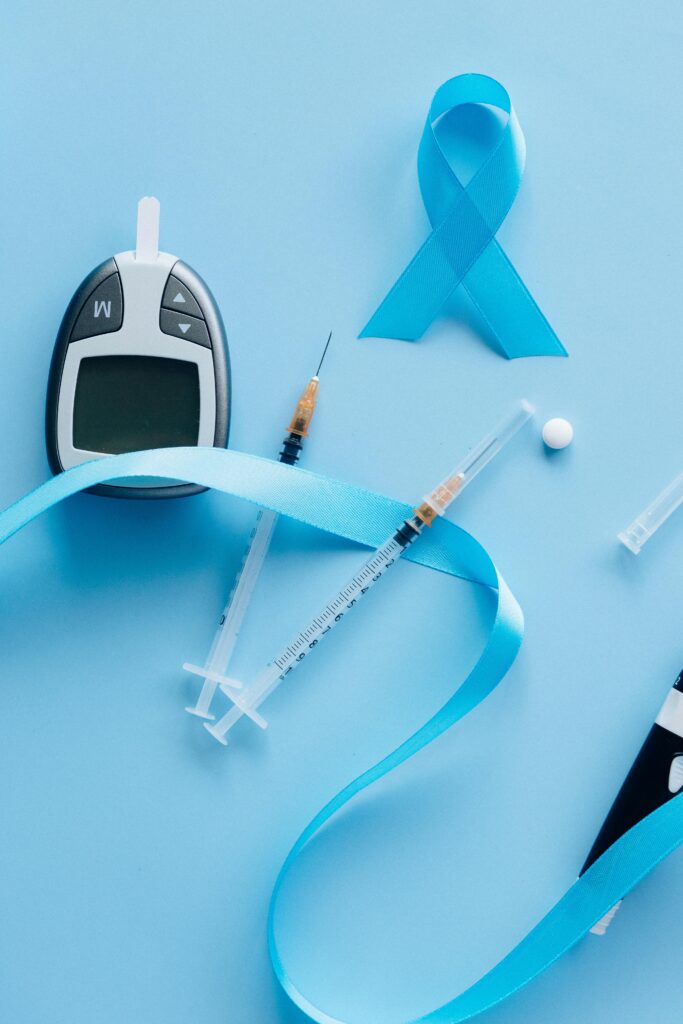
Why is Diabetes Testing Important?
The importance of diabetes testing cannot be overstated. Detecting diabetes early allows individuals to take preventive measures and avoid serious complications. Moreover, regular blood sugar monitoring ensures better management of overall health.
Without proper testing, diabetes can cause several health issues:
✅ Heart disease – High blood sugar damages blood vessels, increasing the risk of heart attacks and strokes.
✅ Kidney disease – Over time, diabetes can lead to kidney failure, which may require dialysis.
✅ Nerve damage – Symptoms include numbness, tingling, and even loss of limb function.
✅ Vision loss – Uncontrolled diabetes significantly raises the risk of blindness.
Who Needs Regular Diabetes Testing?
Doctors recommend routine diabetes testing, especially for individuals at higher risk. Those with a family history of diabetes should get tested early, as genetics play a crucial role in its development. Additionally, people who are overweight or physically inactive have a greater chance of developing the disease.
If you experience increased thirst, frequent urination, or sudden weight loss, these could be early warning signs of diabetes. Furthermore, individuals with high blood pressure or cholesterol levels should undergo screening since these conditions often occur together.
Different Types of Diabetes
Understanding the types of diabetes is essential for effective management. Each type presents unique challenges:
- Type 1 Diabetes – An autoimmune condition where the body destroys insulin-producing cells. Unfortunately, there is no cure, and lifelong insulin therapy is required.
- Type 2 Diabetes – The most common form, occurring when the body becomes resistant to insulin. However, lifestyle changes and medication can help manage it.
- Gestational Diabetes – A temporary condition that develops during pregnancy. Although it usually resolves after childbirth, it increases the risk of type 2 diabetes later in life.
- Maturity Onset Diabetes of the Young (MODY) – A rare, inherited form of diabetes that typically appears in adolescence or early adulthood.
Essential Lab Tests for Diabetes
Routine diabetes testing involves several laboratory exams that help diagnose and monitor the condition:
✔️ Fasting Blood Sugar Test – Measures glucose levels after an overnight fast. A high result may indicate prediabetes or diabetes.
✔️ Hemoglobin A1C Test – Provides an average blood sugar level over the past few months, offering a clearer picture of long-term control.
✔️ Oral Glucose Tolerance Test (OGTT) – Evaluates how the body processes sugar, which is particularly useful for diagnosing gestational diabetes.
Conclusion
Recognizing the importance of diabetes testing can prevent life-threatening complications. Scheduling regular lab tests and medical checkups ensures early detection and better disease management. By taking proactive steps today, you can protect your health for the future.
